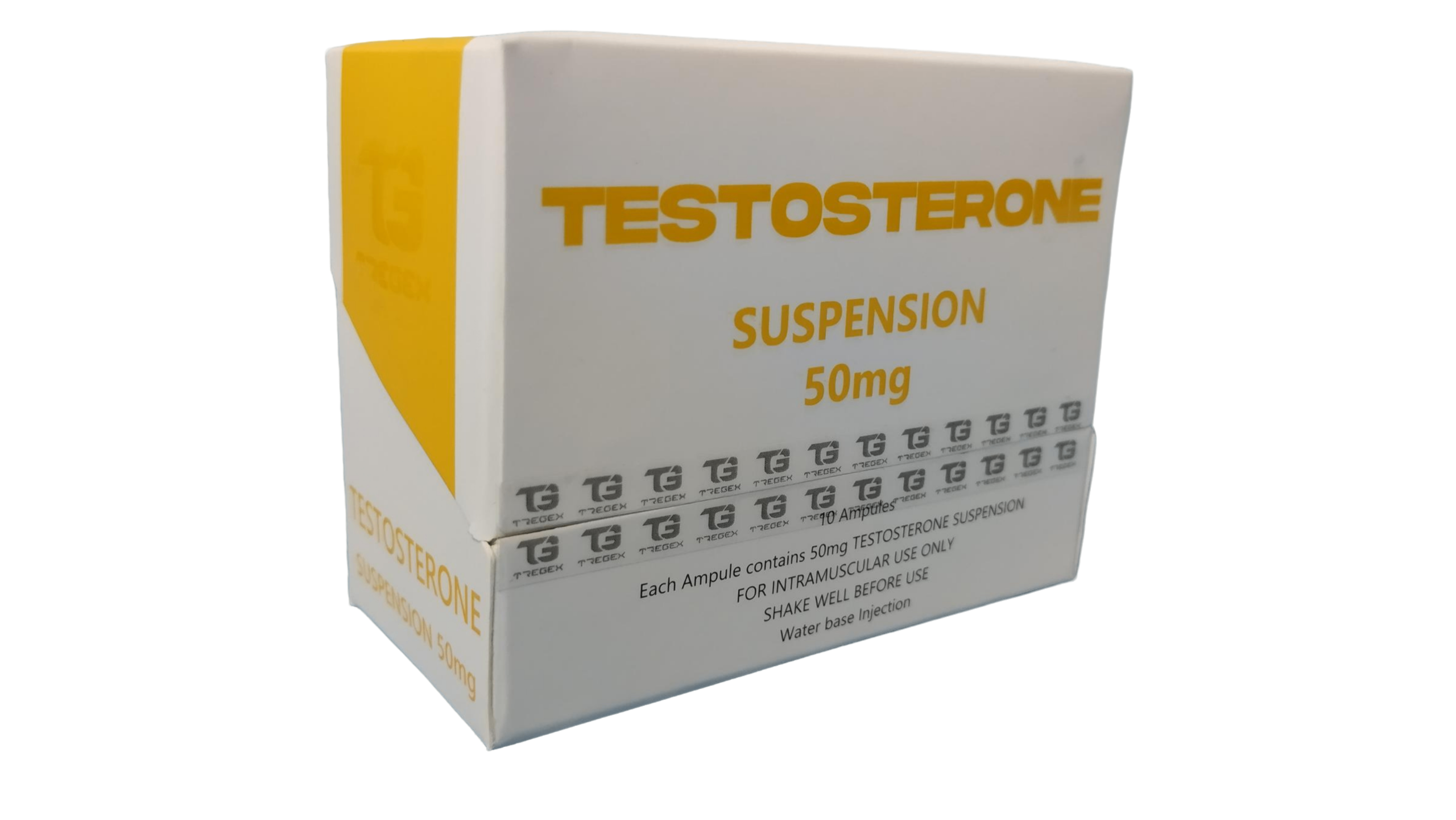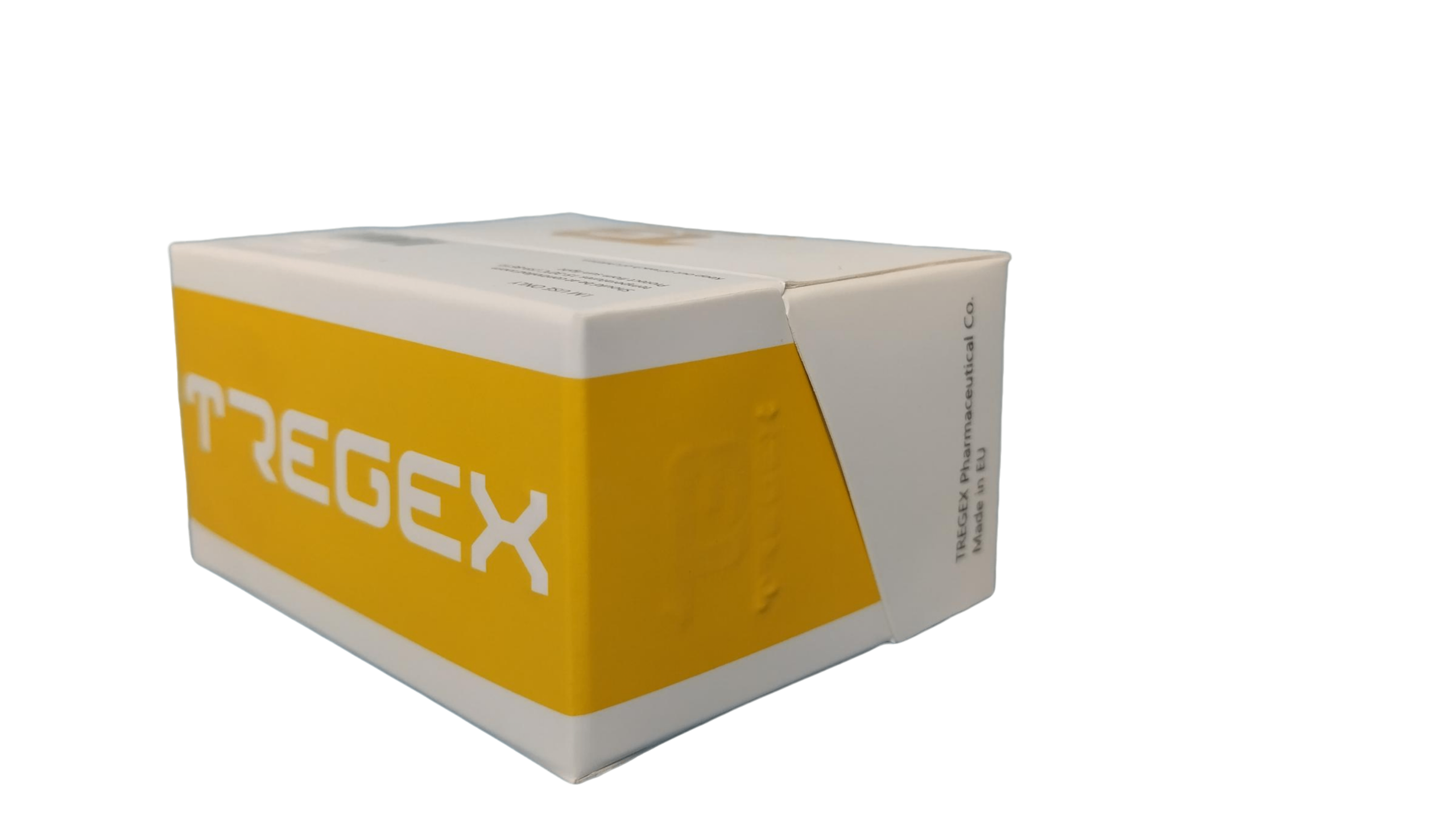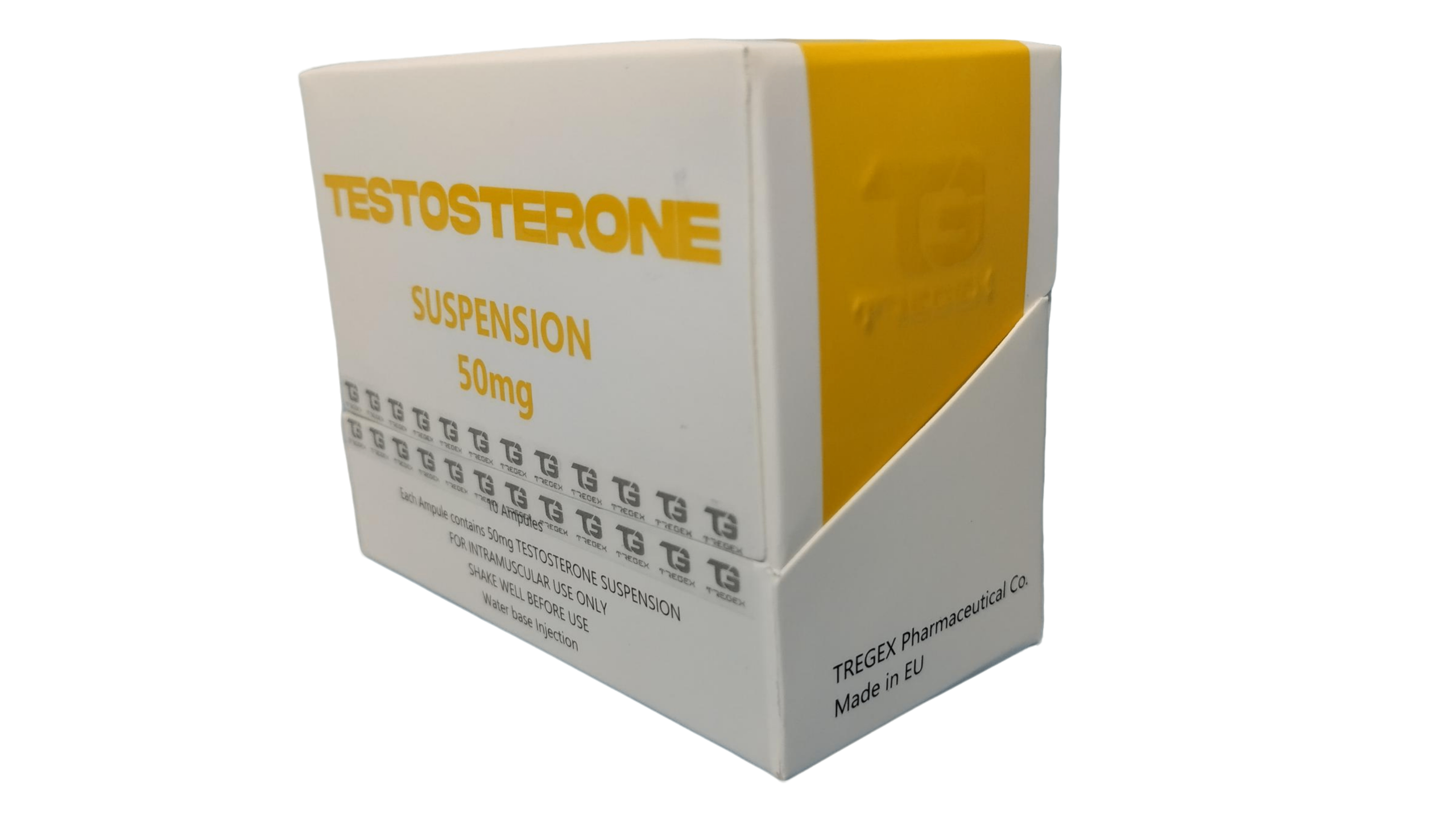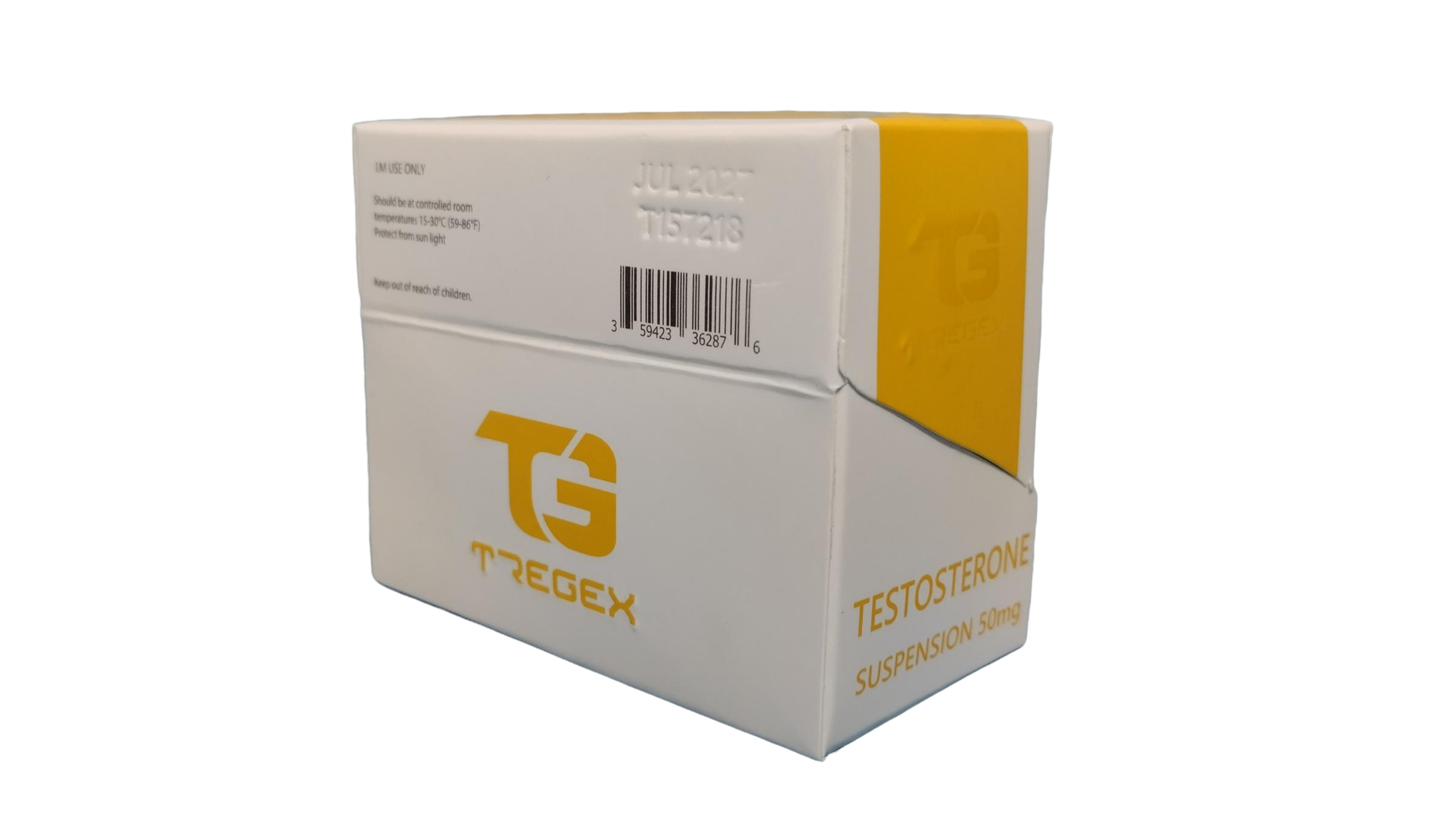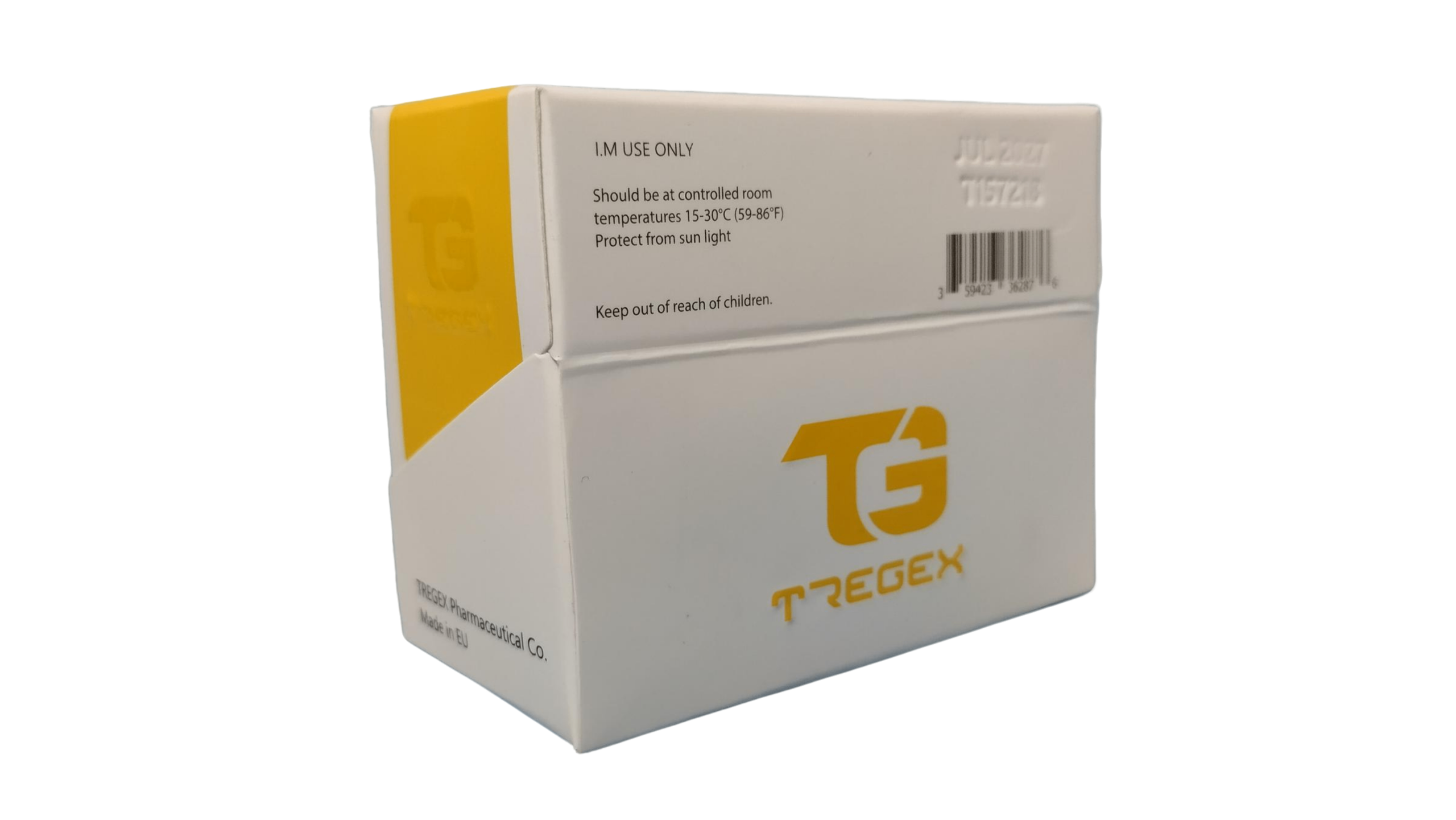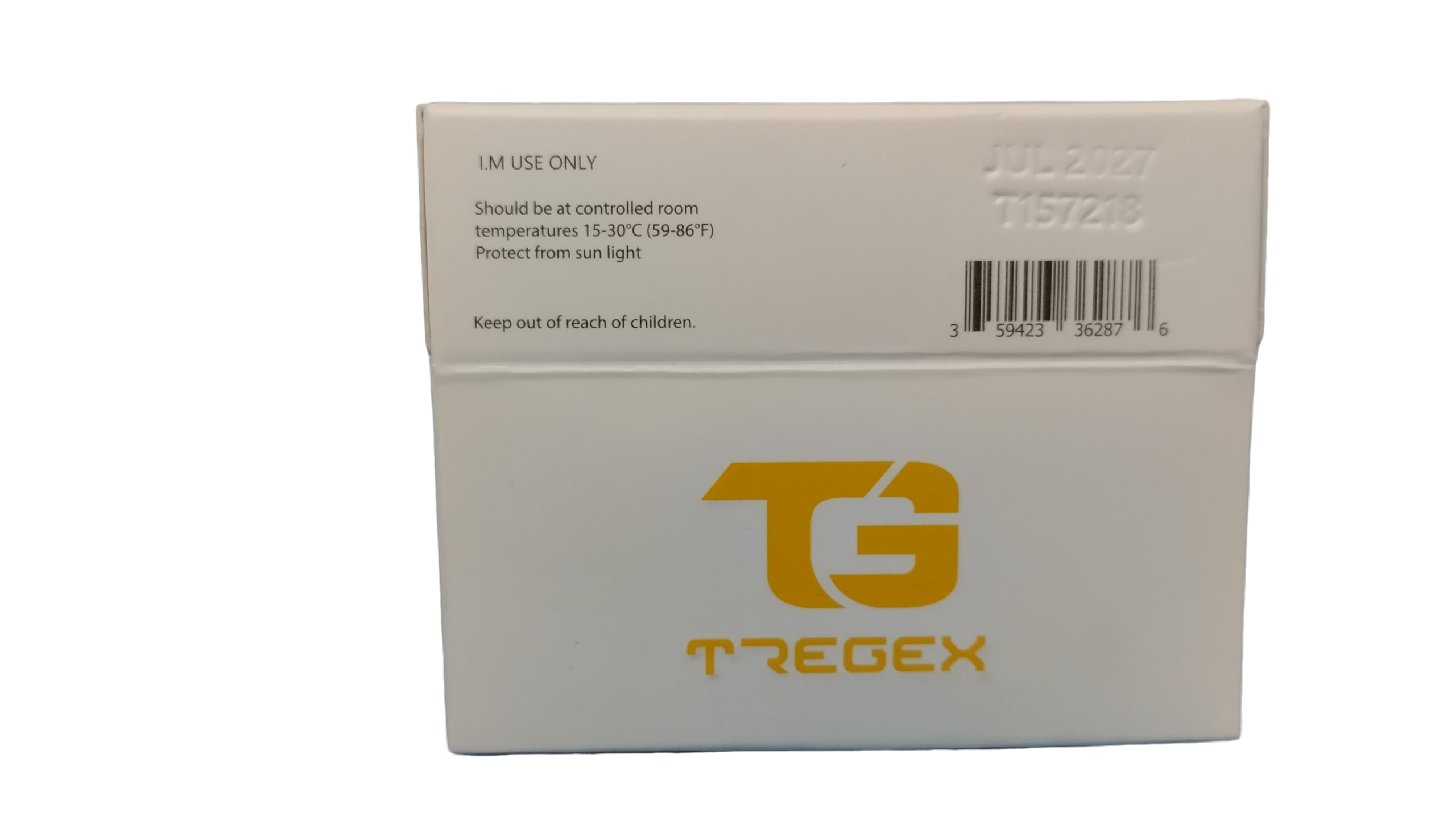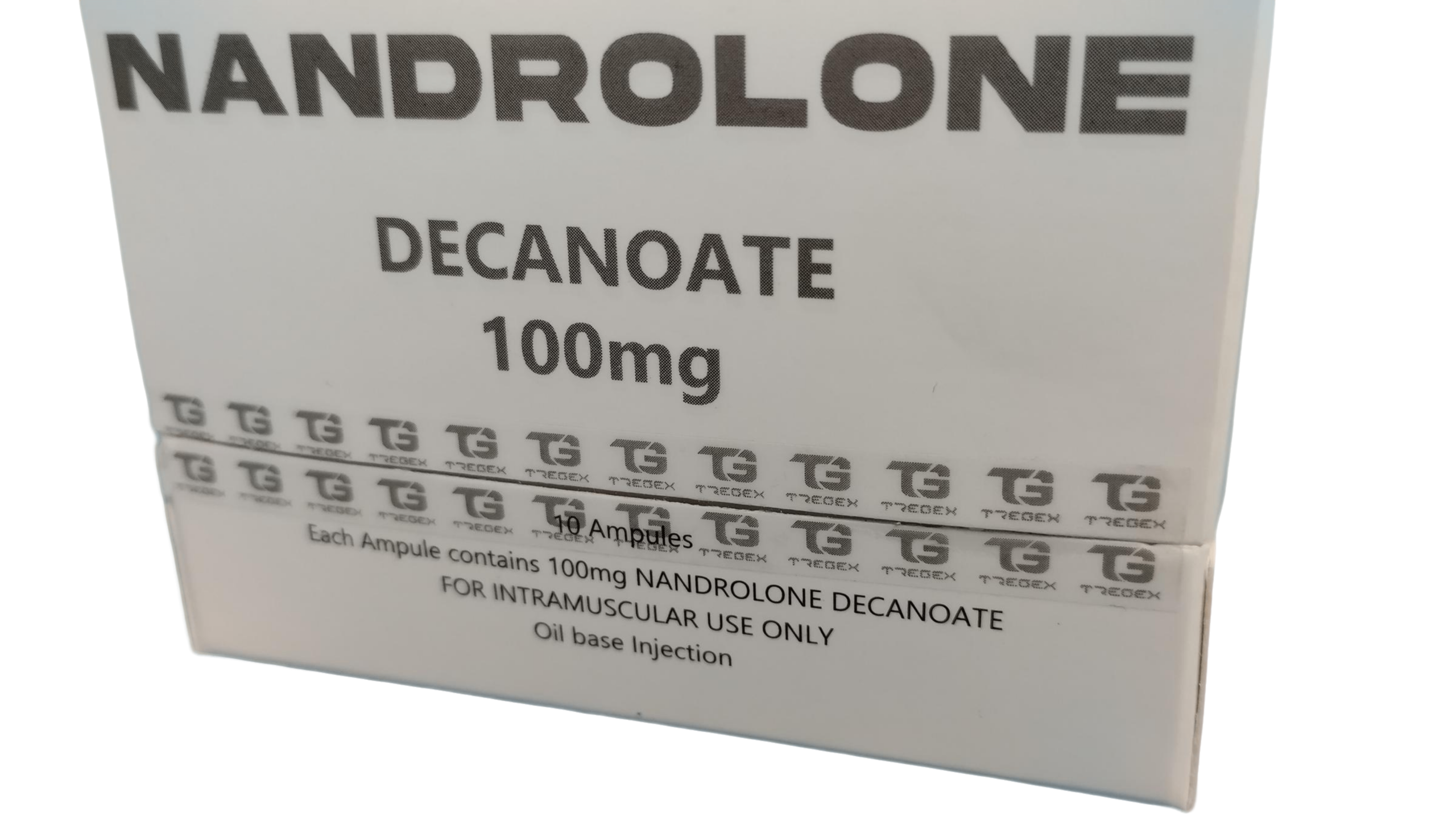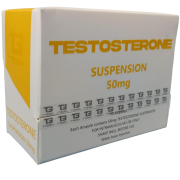
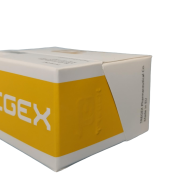

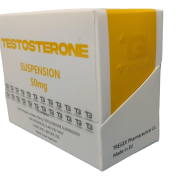
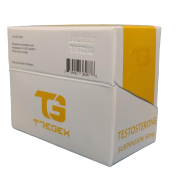
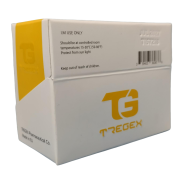
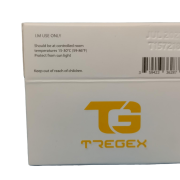
Arimidex (Anastrozole) belongs to the group of cancer-fighting medications known as antineoplastics, and specifically to the group of antineoplastics known as nonsteroidal aromatase inhibitors. It fights Breast Cancer by inactivating an enzyme known as aromatase. This prevents the enzyme from supplying the estrogen that allows certain types of breast cancers to grow.
Arimidex (Anastrozole) can be used after surgery to treat postmenopausal women with hormone-receptor-positive early breast cancer. Arimidex (Anastrozole) can also be used to treat postmenopausal women with advanced breast cancer.
Anastrozole can also be used off-label in men. Some reasons for taking anastrozole in men are low testosterone levels, prostate conditions, enlarged breasts, or high estrogen levels caused by steroid use. The standard dosage of Anastrozole for men is typically 1 mg per day. This dosage is often recommended by healthcare professionals to regulate estrogen levels and manage related symptoms. However, it is essential to note that dosages may vary based on individual factors, such as the severity of estrogen-related issues and response to treatment. Anastrozole can improve testosterone effects and reduce estrogen-related side effects in men.
Your doctor may have suggested Arimidex (Anastrozole) for conditions other than those listed in these drug information description. If you have not discussed this with your doctor or are not sure why you are taking Arimidex (Anastrozole), speak to your doctor. Do not stop taking Arimidex (Anastrozole) without consulting your doctor.
Do not give Arimidex (Anastrozole) to anyone else, even if they have the same symptoms as you do. It can be harmful for people to take this medication if their doctor has not prescribed it.
The androgen receptor exists in the cytoplasm bound to the heat shock proteins HSP90, HSP70, and other chaperones.5 After binding to an androgen, the androgen receptor dissociates from HSP90 and undergoes a conformational change to slow the rate of dissociation from the androgen receptor.5 The androgen-receptor complex is transported into the nucleus where it binds to DNA and recruits other transcriptional regulators to form a pre-initiation complex and eventually induce expression of specific genes.5
Testosterone and its active metabolite dihydrotestosterone (DHT) antagonize the androgen receptor to develop masculine sex organs including the prostate, seminal vesicles, penis, and scrotum.4,14,15,16,17,18,19,20
Antagonism of the androgen receptor is also responsible for the development of secondary sexual characteristics including facial and body hair, enlargement of the larynx, thickening of the vocal cords, and changes in muscle and fat distribution.
Do not use this medicine if you are pregnant or may become pregnant.
You should not receive testosterone if you have prostate cancer, male breast cancer, a serious heart condition, or severe liver or kidney disease.
Misuse of testosterone can cause dangerous or irreversible effects. Testosterone injections should be given only by a healthcare professional. Testosterone can lead to serious problems with the heart, brain, liver, endocrine, and mental health systems. Stopping testosterone may also lead to unpleasant withdrawal symptoms.
Testosterone injections have also been linked to a condition called pulmonary oil microembolism (POME), or a blood clot in the lung that can be fatal. Seek medical help immediately for symptoms including chest pain, dizziness, trouble breathing, urge to cough, throat tightening and fainting.
Before taking this medicine
You should not receive testosterone if you are allergic to it, or if you have:
prostate cancer;
male breast cancer;
a serious heart condition;
severe liver disease;
severe kidney disease; or
if you are pregnant or may become pregnant.
To make sure testosterone is safe for you, tell your doctor if you have:
heart disease or coronary artery disease;
a history of heart attack, stroke, or blood clot;
diabetes;
enlarged prostate;
high cholesterol or triglycerides (a type of fat in the blood);
breast cancer (in men, or in women who have hypercalcemia);
liver or kidney disease;
high calcium levels;
if you are bedridden or otherwise debilitated; or
if you take a blood thinner (warfarin, Coumadin, Jantoven).
This medicine can harm an unborn baby. Do not use testosterone if you are pregnant or may become pregnant. Tell your doctor right away if you become pregnant during treatment. Use effective birth control while you are receiving this medicine.
What other drugs will affect testosterone?
Certain drugs may interact with testosterone, including;
- Blood thinners (including warfarin, Coumadin, Jantoven)
- Anti-inflammatory drugs, such as oxyphenbutazone
Other prescription and over-the-counter medicines, vitamins, and herbal products may also react with testosterone. Tell each of your health care providers about all medicines you use now and any medicine you start or stop using.
Get emergency medical help if you have any signs of an allergic reaction to testosterone: hives; difficult breathing; swelling of your face, lips, tongue, or throat.
Get emergency medical help if you have any signs of a blood clot in the lung after using testosterone. These symptoms include chest pain, dizziness, trouble breathing, urge to cough, throat tightening and fainting.
Misuse of testosterone can cause dangerous or irreversible effects, such as enlarged breasts, small testicles, infertility, high blood pressure, heart attack, stroke, liver disease, bone growth problems, addiction, and mental effects such as aggression and violence.
Call your doctor at once if you have:
chest pain or pressure, pain spreading to your jaw or shoulder;
swelling in your ankles or feet, rapid weight gain;
chest pain, sudden cough, wheezing, rapid breathing, coughing up blood;
pain, swelling, warmth, or redness in one or both legs;
nausea or vomiting;
changes in skin color;
increased or ongoing erection of the penis;
impotence, ejaculation problems, decreased amounts of semen, decrease in testicle size;
painful or difficult urination;
shortness of breath (even with mild exertion);
stomach pain, constipation, increased thirst or urination, muscle pain or weakness, joint pain, confusion, and feeling tired or restless; or
upper stomach pain, itching, loss of appetite, dark urine, clay-colored stools, jaundice (yellowing of the skin or eyes).
Do not use this medicine if you are pregnant or may become pregnant.
TESTOSTERONE SUSPENSION should be stored away from light in a dark, cool place. Ultraviolet light (natural sunlight) can speed up a process called pharmaceutical degradation. This means that the medication begins to degrade and change its chemical makeup, which can make it ineffective.

